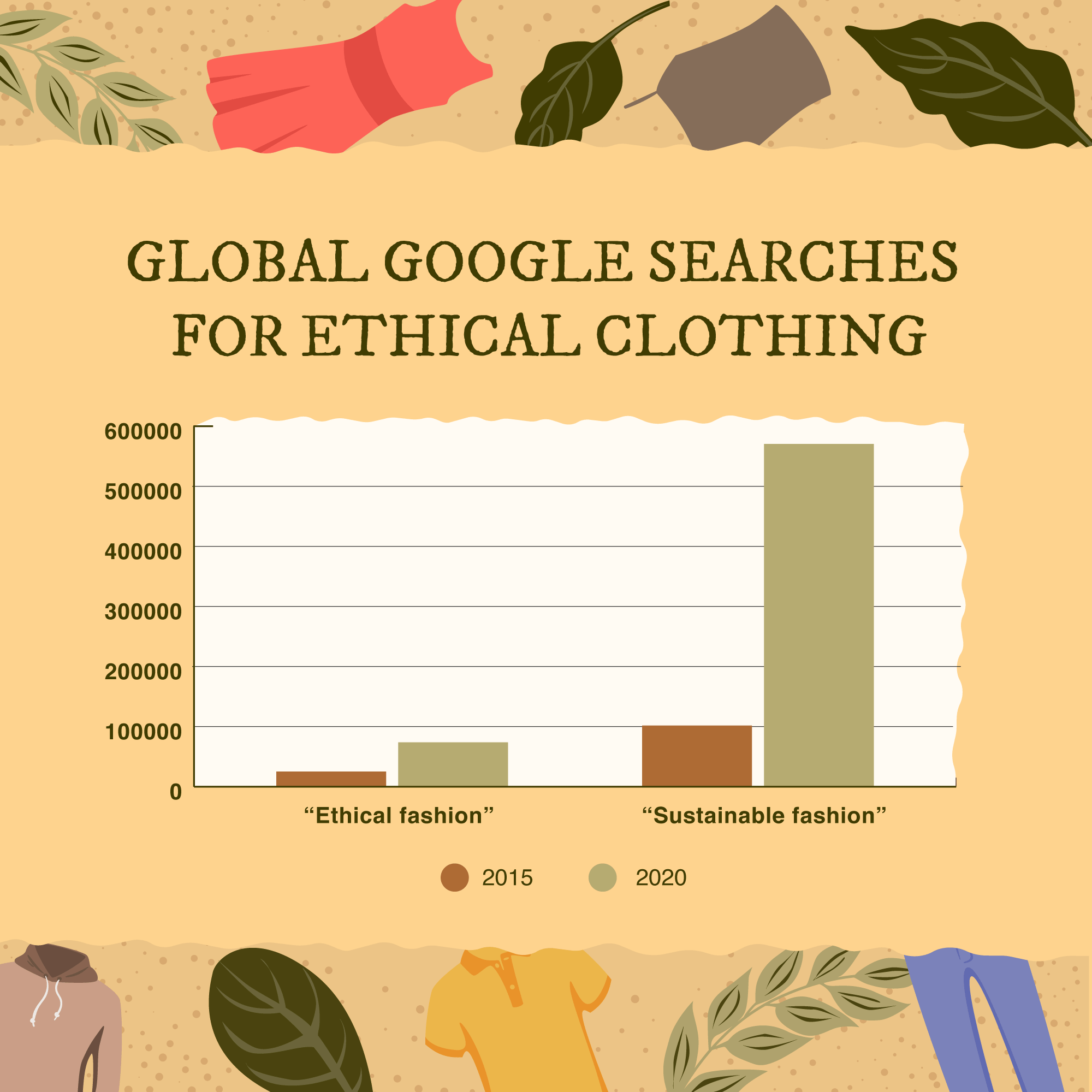“`html
While a shift towards a more sustainable fashion ethos is on the rise, the relentless cycle of unethical fast fashion persists. A recent study by Comparethemarket revealed that even as eco-friendly fashion gains popularity, ethically produced attire hasn’t become a top consideration for many shoppers. This trend is raising alarm bells for numerous fashion creators and brands.

This piece will explore the distinct facets of sustainable and ethical fashion, delving into why their distinctions matter to consumers everywhere.
Common Ground
Both ethical and sustainable fashion practices are cornerstones in the evolution of the fashion industry. They are underpinned by the collective goal of benefiting both the creators and patrons, offering higher-quality products from sources that ensure fair wages in a secure working environment.
Focus on Ethical Practices
Central to its ethos, ethical fashion prizes the well-being of its workforce. This contrasts with sustainable fashion’s emphasis on materials, renewal, and distribution processes. Ethical fashion advocates for humane working conditions, negating risks such as death, disease, and exploitation. It also fosters a compassionate cycle that extends to animal welfare and ultimate wearers of the apparel.
Environmental Perspective of Sustainable Fashion
Sustainable fashion scrutinizes the environmental impact throughout the lifecycle of clothing items, from raw material cultivation to their availability in stores. Playing a crucial role in the industry’s future, its principal aims are to combat climate change and minimize unnecessary environmental damage and waste, in stark contrast to ethical fashion’s human-centric approach.
Here are a few eco-conscious and ethically-minded fashion labels:
- Patagonia
- Nynne
- Bottletop
Conversely, here are fast fashion brands that are best avoided:
- Shein
- H&M
- Primark
The Pitfalls of Fast Fashion
Fast fashion can be likened to fast food—convenient, low-quality, and encouraging of a disposable culture. Often propelled by minor celebrities and influencers, fast fashion endorses fleeting trends that lead to substantial textile wastage and blatantly ignores the ecological cost of production. Moreover, the industry is notorious for its exploitation of laborers who face appalling working conditions and inadequate pay. Unfortunately, its widespread appeal, bolstered by famous faces prioritizing profit over ethics, makes veering away from this trend challenging.
Mindful Shopping Methods
Awareness campaigns on fast fashion are valuable, yet making conscientious purchasing decisions is pivotal. To effectively drive change, look for brands that are transparent about their manufacturing processes and can substantiate their ethical claims. In-depth investigation into brands’ practices is advisable to avoid those who ambiguously greenwash. Prioritize quality over quantity. Although this may command higher prices, the longevity and enduring style of premium garments mean they remain staples in your collection for years.
“`